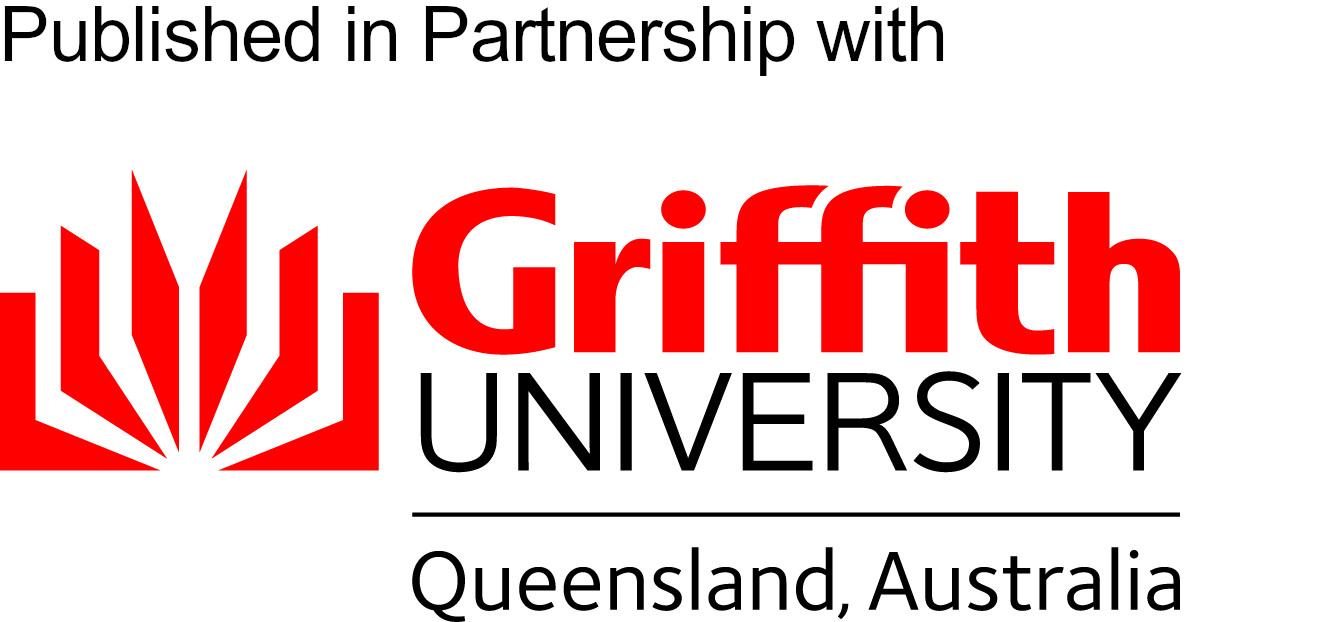'Don't just listen: Tell me what to do!'
DOI:
https://doi.org/10.1017/qre.2017.14Keywords:
Kids Helpline, telephone and online counselling service, early intervention and prevention, consequential thinking, personal developmentAbstract
Counselling is not a well-understood concept. Many people who haven’t undergone counselling believe a counsellor’s role is to listen to a person tell their problem and then ‘help’ them by giving advice about what they should do. Children and young people struggle with the idea that a counsellor is not a human form of Google. It is not easy for them to hear that their problem is complex and that sometimes working out an action plan themselves, with guidance from a trained counsellor, offers better value to their lives in the long run. Kids Helpline is an Australian child and youth-focused telephone and online counselling service with a long-term view of what ‘helping’ looks like. The free-call 24/7 counselling line challenges young clients to see beyond the immediate gratification of receiving instantaneous ‘answers’ to problems, and to value more highly the process of learning problem-solving and decision-making skills, transferable from issue to issue over the course of a lifetime. This article seeks to highlight the early intervention and prevention role that child helplines play in young people’s lives, encouraging and strengthening children and young people’s early forays into exploring consequential thinking. The article describes the processes used by Kids Helpline counsellors to encourage children and young people to become action planners, and demonstrates young people’s capacity to appreciate complexity and personal development.
References
Australian Institute of Professional Counsellors (AIPC) 2017. ‘Counselling connection: A summary of eight counselling microskills’, http://www.counsellingconnection.com/index.php/2012/08/09/counselling-micro-skills-a-summary. Accessed 9 February 2017.
Gregor S. 2004. ‘Do helplines help young Australians?’ InPsych, August, https://www.psychology.org.au/publications/inpsych/popular/helplines. Accessed 13 February 2017.
Poundstone W. 2016. Head in the cloud: The power of knowledge in the age of Google. Richmond: Oneworld.
Ridley C., Mollen D. and Kelly S.M. 2011. ‘Beyond microskills: Towards a model of counselling competence’, The Counselling Psychologist 39(6): 825–64.
Seymour K. 2012. Good practice principles for youth development organisations, 2nd ed. Brisbane: Key Centre for Ethics, Law, Justice and Governance, Griffith University.





